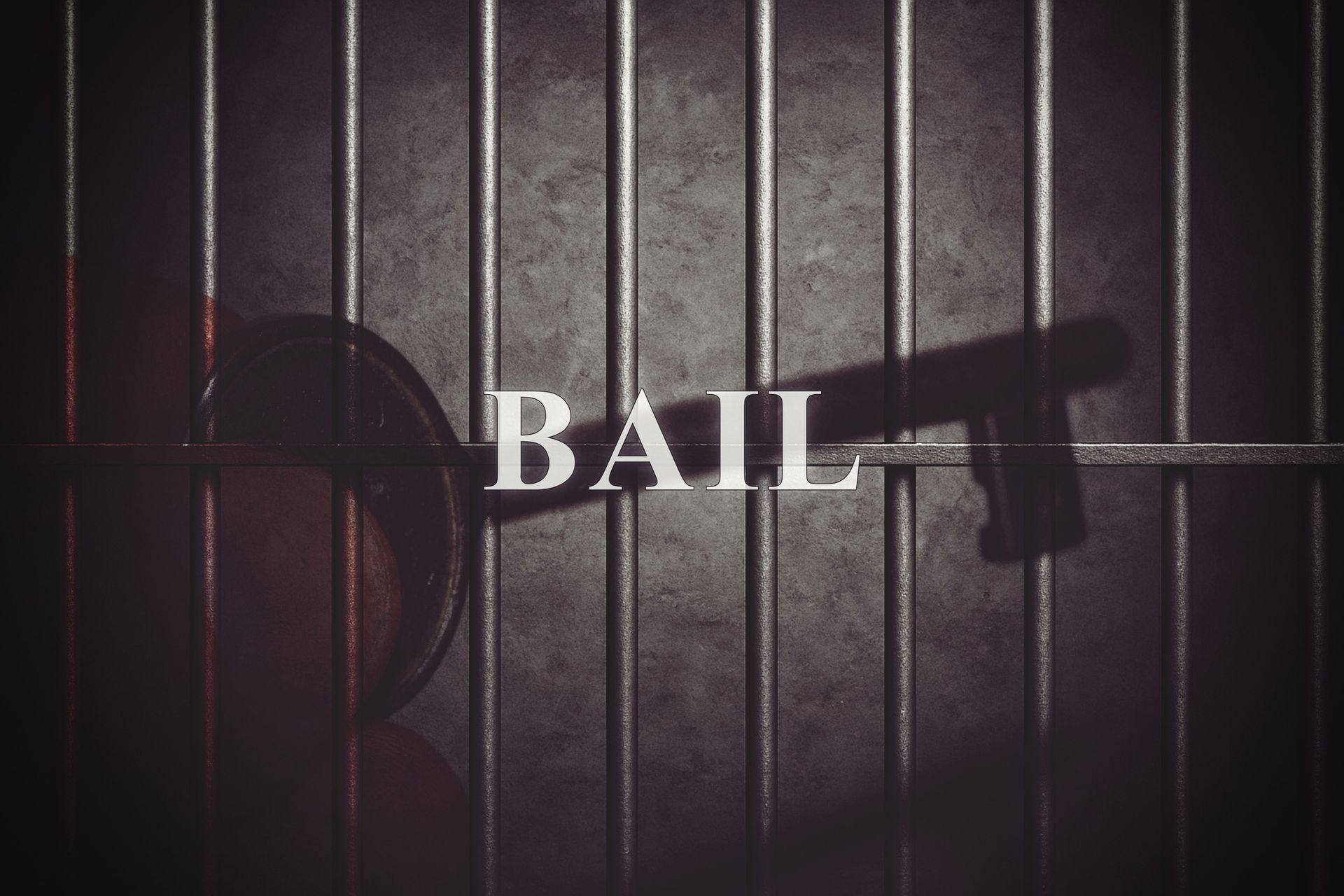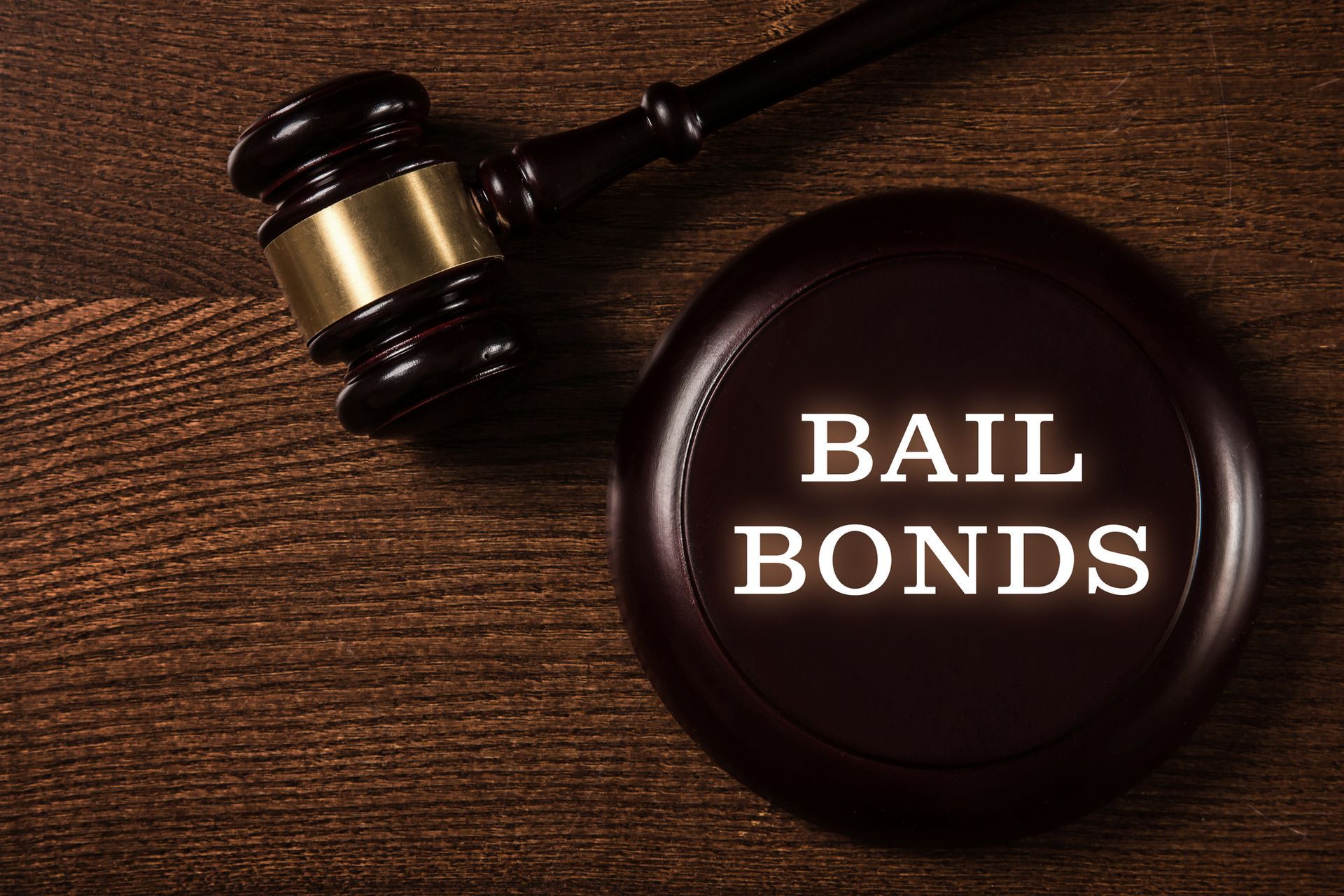October is Awareness of Depression and Mental Health Month
October is Awareness of Depression and Mental Health Month and this year the National Alliance on Mental Illness (NAMI) and its partners are focusing on the theme, “ What People with Mental Illness Want You to Know ”.
One of the first things you should know is that while mental illness might seem rare, every year 1 in 5 American adults experiences mental illness—that’s 47.6 million people. With these large numbers of people experiencing symptoms, it seems odd that mental illness is something many people still don’t know much about. But with stress and anxiety about COVID-19 taking a serious toll on the mental health of people around the country and around the world, this topic is more relevant than ever.
Many people and organizations are trying to break the stigmas surrounding mental illness. This article will deal with one of the realities that’s particularly relevant to folks suffering from mental illness. They are more likely to need the bail bond services of Fizer Bonding Company around Clarksville, TN and the surrounding cities.
One myth about people with mental illness is that they are often violent or dangerous. This isn’t true —but people with mental illnesses are arrested and jailed at higher rates. Here, we’ll talk about some basic facts you should know about what this means—and what to do if you or a loved one has a mental illness, has been arrested, and you’re wondering “where can I find a bail bond agent near me?”
The Basics: What is mental illness?
A mental illness, as defined by the American Psychiatric Association, is a health condition that involves changes to emotions, thinking, or behavior. Note the importance of the phrase health condition there—a mental illness is a condition like any other health problem. It is never a choice, isn’t a character flaw, and isn’t the same thing as being sad, shy, lazy, or over-emotional.
This can often be hard for people who don’t experience mental illnesses to understand—after all, words like “anxious” and “depressed” exist outside the realm of mental health, and phrases like “OCD” and “bipolar” have entered popular speech and are often used to describe extreme neatness or mood swings. But that’s not what these words and phrases mean when we’re using them to describe mental illness.
Someone with a mental illness can’t just snap out of it—not any more than someone with a physical illness can immediately make it go away. Anyone can be impacted by mental illness—age, gender, race, and social class don’t make any difference in who is impacted. And it’s entirely possible that you know someone with a mental illness and not know that they have it.
Can mental illnesses be treated?
Mental illnesses can be treated and many people are still able to function in daily life activities like having a job and raising a family. Medication can be used (like with heart conditions, diabetes, or blood pressure conditions), or therapy can be used (like physical therapy for an injury to the body). Sometimes a combination works best. A doctor or medical professional can help to assess what will be best for a patient’s symptoms and condition.
What kinds of mental illnesses are there?
Mental health professionals—like therapists, psychologists, and psychiatrists—use the Diagnostic and Statistical Manual of Mental Disorders, or DSM, to diagnose mental illnesses. This book details conditions and symptoms that can help a person be assessed and diagnosed.
Anxiety disorders can shape how a person sees the world—they can cause it to be perceived as more threatening than it is in reality or to others. Mood disorders, like depression, can severely impact how a person feels and make it almost impossible to function. Eating disorders are also in the DSM—these cause severe issues with food and weight like anorexia or bulimia.
The book also details what are often termed serious mental illnesses. While these conditions can also be treated, they often cause serious impairment or inability to carry out major life activities. These include psychotic disorders, schizophrenia, and bipolar disorder. These mental illnesses can make it hard for a person to tell the difference between what’s real and what isn’t—which can make it harder to hold a steady job or carry out basic life maintaining activities.
It’s these serious mental illnesses that often contribute to the high percentage of people with mental illnesses in prisons and jails—not because they’re inherently dangerous, but because of the nasty cycle we’ll talk about in the next section.
What’s the relationship between mental illness and incarceration?
Studies have shown that 6% of people facing misdemeanor charges had been diagnosed with a serious mental illness. These mental illnesses increase the likelihood of incarceration by more than 50%. NAMI says that two million people with mental illnesses are arrested each year—15% of men and 30% of women who are booked into jails have serious mental illnesses.
Why are these numbers so high? It comes from circumstances that cause a cycle that makes it hard for people to get help. If someone is in a mental health crisis—if they’re having trouble distinguishing reality from hallucinations, for example—they are more likely to act out in an irrational way and more often cause them to run into law authorities rather than a mental health counselor or someone else qualified to help them.
Once arrested, they are statistically more likely to be sentenced to prison time. While in prison, they likely will not receive the help they need to improve symptoms. After being released, the criminal record means that they’re less likely to be able to get housing, a job, health insurance, or qualify for benefits. That means they may end up homeless—and are more likely to be rearrested—and have another crisis—and the cycle repeats.
Where can I find a bail bond near me?
Quickly getting out of jail can help break this cycle. If you need help with bail bonds, Clarksville TN residents have been able to turn to Fizer Bonding Company since 1986. We can help with Robertson County and Montgomery County bail bonds (bonding), with kind-hearted and professional customer service available 24/7. We will quickly help you or your loved one get out of jail and back to your life so you have time to prepare for your court date. Bonding Company is a proud member of the Tennessee Association of Professional Bail Agents . For more info about Fizer Bonding Company bail bonds, click here .
“We’ll get your tail outta jail!”
Fizer Bonding Company in Montgomery County Tennessee
(931) 449-9351
Fizer Bonding Company in Robertson County Tennessee
(615) 667-1109
**Disclaimer**Please be advised that neither www.fizerbailbonds.com or Fizer Bonding Company LLC is not an attorney or law firm and does not provide legal advice. If you are seeking legal advice, you are strongly encouraged to consider consulting with a competent attorney in your jurisdiction who can provide you with legal advice on your particular matter where individual state, county or city laws may apply. www.fizerbailbonds.com provides INFORMATION ONLY and the information provided is for informational purposes only AND IS NOT TO BE CONSTRUED OR SUBSTITUTED FOR LEGAL ADVICE. THE INFORMATION INCLUDED IN OR AVAILABLE THROUGH THE SITE MAY INCLUDE INACCURACIES OR TYPOGRAPHICAL ERRORS. No guarantees are made and the use of the website, content, and any information provided is at your own risk.
The post October is Awareness of Depression and Mental Health Month appeared first on Fizer Bail Bonds.











